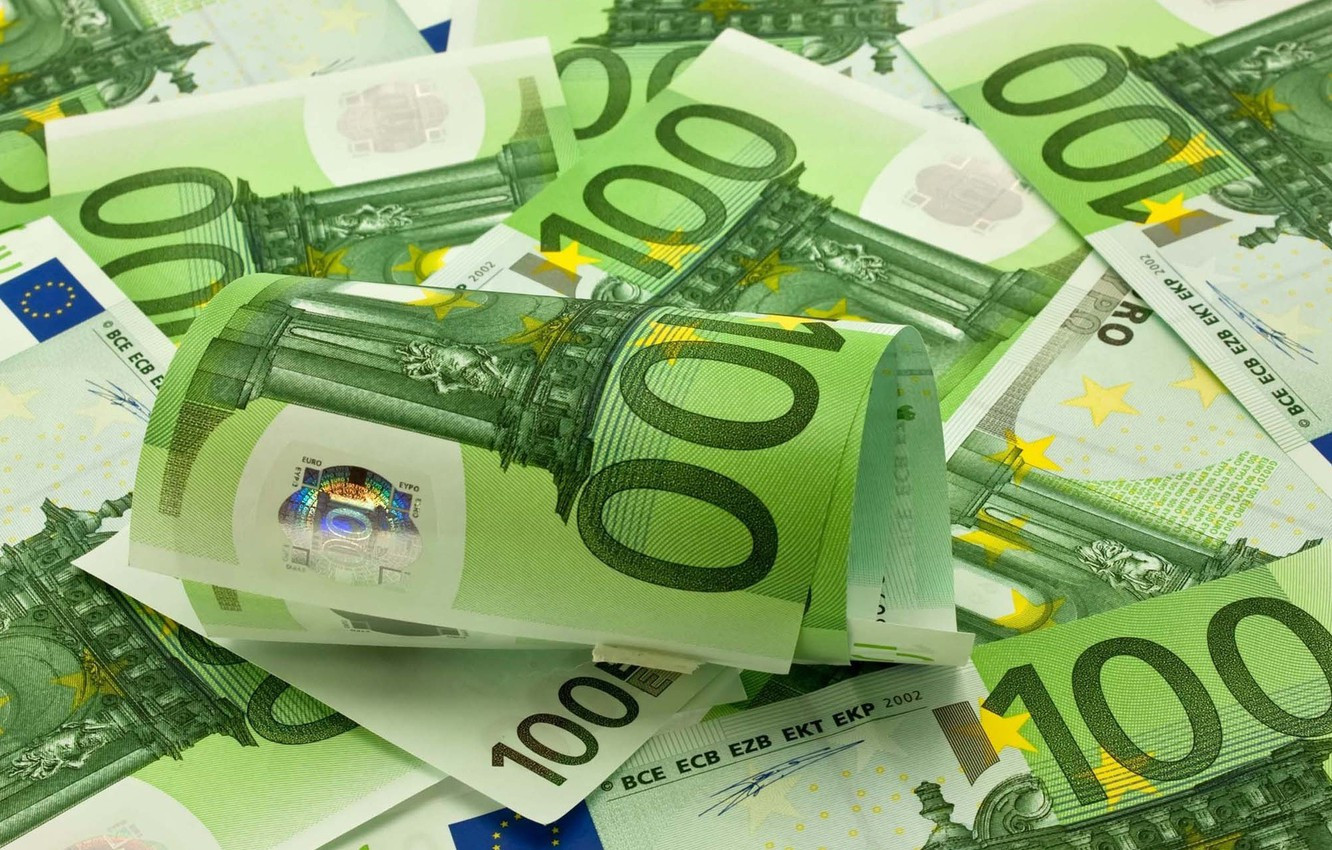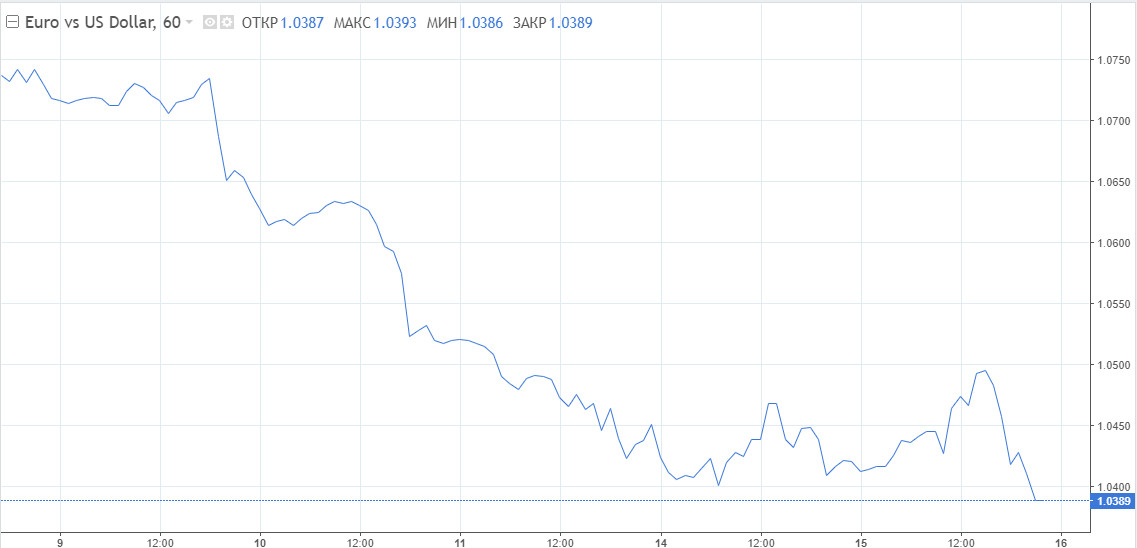
The euro in the moment felt the approach of a change of scenery in the ECB, which expressed concern about the situation with the yield of bonds of peripheral countries. The news about the central bank's unscheduled meeting raised the spirits of euro bulls, but not for long. The scenery, in fact, remained the same, and the steps of the central bank - snail-like. What has changed and why did the central bank hold an emergency meeting?
Recall that the ECB promised to begin the process of tightening policy in July, which saw bond yields in the bloc's peripheral economies such as Italy and Greece rise sharply. At the same time, the yields of major countries, such as Germany and France, rose more slowly. Spread widening worries the eurozone and the markets, as it is reminiscent of the eurozone debt crisis of the early 2010s.
The Board of Governors held an emergency meeting on Wednesday to discuss current market conditions. The market initially reacted favorably to this news, there was hope that the ECB would not sleep through another crisis.
The euro jumped against the dollar to 1.0500 in response to the possibility of dealing with the growing risk of fragmentation in the eurozone sovereign bond markets, and spreads on the eurozone periphery narrowed sharply.
ECB board member Isabelle Schnabel said that the central bank intends to throw all its forces into protecting the eurozone, citing concerns that eurozone peripheral spreads are rising. According to her, the central bank should have launched a new tool to counter any erratic jump in the cost of borrowing by the weaker eurozone economies.
The key question for investors, with the start of rate hikes coming up in July, was what it would do to tackle fragmentation in financial markets.
According to Schnabel, the strength of the ECB is a commitment that is stronger than any instrument.
"Our commitment to the euro is our tool to fight fragmentation. This commitment has no limits. And our experience of intervening when necessary confirms this commitment," added Schnabel.
The meeting should have shown the ECB's determination. A compelling roadmap will act as a deterrent to the bond market and set the euro on a rally.
Judging by the dynamics of the euro, which is noted after the meeting, the markets were disappointed. The EUR/USD pair again entered the territory of the 1.0300 mark.
New tool. Everyone has heard, but no one knows what it will look likeSo, what kind of road map was proposed by the ECB, in response to which the euro went down?
The sell-off was exacerbated by the uncertainty of the ECB's actions. Directed cash from debt repaid under the recently ended €1.7 trillion ($1.8 trillion) pandemic support scheme to debtors. The Board of Governors of the central bank instructed the relevant committees of the unified system, together with the services of the ECB, to expedite the completion of the development of a new tool to combat fragmentation.
Dutch central bank governor Klaas Knot said politicians have instructed staff to work at an accelerated pace on the new tool if sending reinvestment south is not enough.
"If that's not enough, rest assured we're ready," Knot explained.
His colleague from Slovakia, Peter Kasimir, believes that it is not worth discussing ahead of time the details of how the new instrument will look like.
Investors appreciated the ECB's momentum but were frustrated by the lack of detail and lack of firm commitment. This was the least that the markets were expecting to hear from the central bank on Wednesday.
There were also those who came out in defense of the central bank. The ECB can go too far, and that's not good.
"The ECB's job is to ensure price stability, not to provide favorable financing conditions. Some countries are now just getting the bill for years of irresponsible fiscal policy," said MEP Markus Ferber.
"If the ECB now launches yet another program to keep spreads low, this is dangerously close to monetary public funding," he added.
The spread between 10-year Italian and German bonds after the meeting widened to 241 basis points, but then returned to 226 basis points. This suggests that there is still hope for more firm decisions by the ECB, which are likely to be taken directly at the July meeting.
Notably, the unscheduled ECB meeting was held on the same day that the Federal Reserve is expected to raise interest rates. At the same time, investors sharply raised their expectations for a 75 basis point hike, which caused a sharp sell-off of risk in world markets.
EUR/USD is on track to retest the January 2017 low at 1.0339. Support levels are located at 1.0415, 1.0380, 1.0340. Resistance levels are at 1.0495, 1.0530, 1.0570.

 English
English 
 Русский
Русский Bahasa Indonesia
Bahasa Indonesia Bahasa Malay
Bahasa Malay ไทย
ไทย Español
Español Deutsch
Deutsch Български
Български Français
Français Tiếng Việt
Tiếng Việt 中文
中文 বাংলা
বাংলা हिन्दी
हिन्दी Čeština
Čeština Українська
Українська Română
Română

